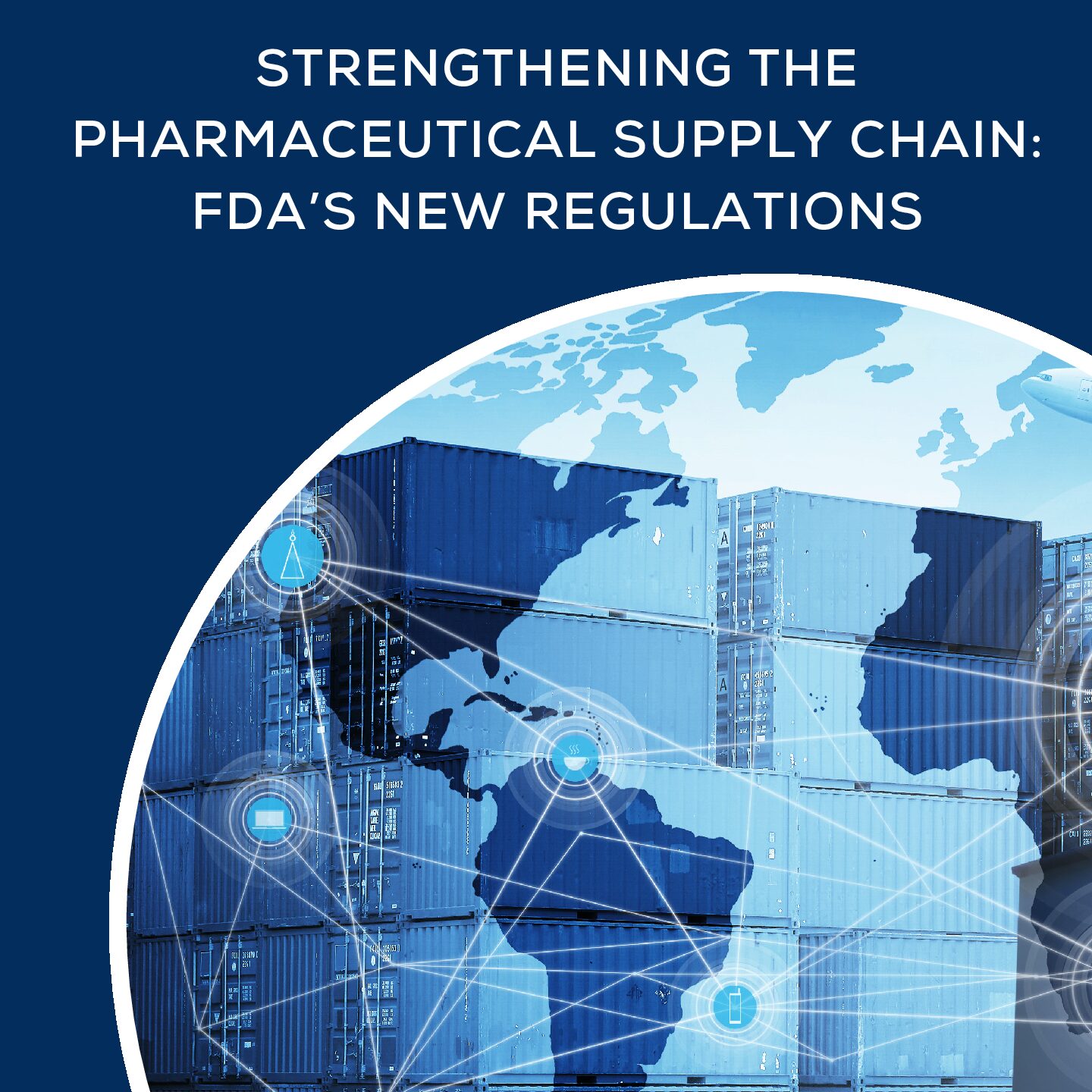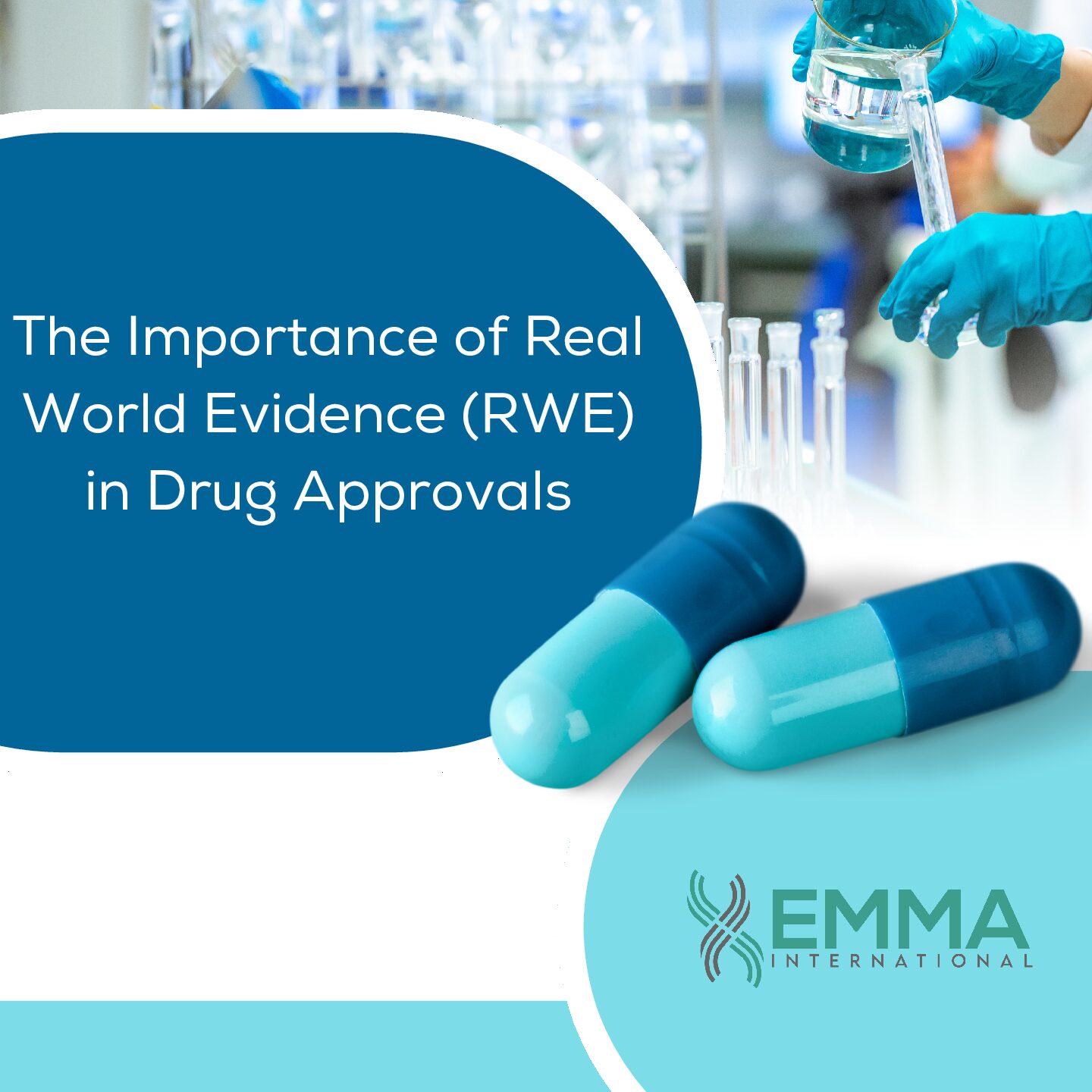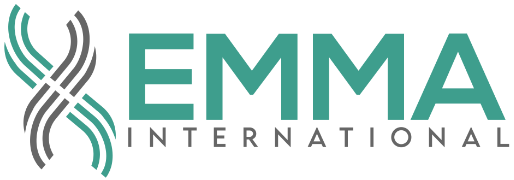503A compounding pharmacies play a vital role in the healthcare system by providing patients with medications tailored to their individual needs. These pharmacies create compounded drugs that aren’t commercially available, helping patients with specific dosage requirements or allergies to certain ingredients. However, given the personalized nature of these medications, 503A pharmacies must adhere to stringent regulations to ensure the safety, efficacy, and quality of the compounds they produce. Boards of Pharmacy, which exist in every state, are key regulatory bodies that oversee these pharmacies. In this blog, we’ll explore how Boards of Pharmacy regulate 503A compounding pharmacies, ensuring they operate in compliance with state and federal laws.
Before diving into the regulatory landscape, it’s important to understand what a 503A pharmacy is. Under the Drug Quality and Security Act (DQSA), 503A compounding pharmacies are those that:
- Compound medications based on a prescription for an identified individual patient.
- Are not permitted to compound large quantities of drugs for office use by physicians or other healthcare providers.
- Must follow the guidelines laid out in the United States Pharmacopeia (USP) chapters <795> for non-sterile compounding and <797> for sterile compounding.
503A pharmacies are distinguished from 503B outsourcing facilities, which can compound in bulk for healthcare facilities without patient-specific prescriptions. Unlike 503B facilities, 503A pharmacies operate primarily under state regulation with additional oversight by the U.S. Food and Drug Administration (FDA).
State Boards of Pharmacy are responsible for overseeing all pharmacies operating within their jurisdiction, including 503A compounding pharmacies. They play a critical role in licensing, inspection, and enforcement. Here are the key areas they regulate:
1. Licensing and Registration
One of the primary functions of Boards of Pharmacy is licensing compounding pharmacies. Every 503A pharmacy must be licensed in the state where it operates. The requirements for obtaining and maintaining a license can vary from state to state, but generally include:
- Compliance with state-specific compounding laws.
- Adherence to USP <795> and <797> standards.
- Proof of proper training and certification of pharmacists and technicians involved in compounding.
In some states, additional certification for sterile compounding might be required.
2. Inspections and Compliance
Boards of Pharmacy conduct regular inspections of 503A compounding pharmacies to ensure compliance with state regulations and USP standards. During inspections, regulators evaluate:
- Cleanliness and safety of the compounding environment.
- Proper documentation and recordkeeping of prescriptions.
- Sterility practices in the case of sterile compounding.
- Employee training records and certifications.
Inspections may be scheduled or unannounced. A failure to meet state standards could result in penalties ranging from fines to suspension or revocation of a pharmacy’s license.
3. Adverse Event Reporting
503A pharmacies are required to report adverse events related to compounded medications to both state Boards of Pharmacy and, in some cases, the FDA. These events could include any unexpected reactions, contamination, or errors in the compounding process. Boards of Pharmacy review these reports and may take enforcement actions if necessary.
4. Enforcement of the Compounding Quality Act (CQA)
The Compounding Quality Act (CQA) is a federal law that sets the framework for the regulation of compounding pharmacies, including 503A facilities. While the FDA has primary oversight of the CQA, state Boards of Pharmacy work in collaboration with federal authorities to ensure that 503A pharmacies meet both state and federal guidelines.
5. USP <800> and Hazardous Drugs
In addition to USP <795> and <797>, Boards of Pharmacy are increasingly focused on enforcing USP <800>, which deals with the handling of hazardous drugs in healthcare settings, including 503A compounding pharmacies. Pharmacies that compound hazardous medications must have strict protocols in place to protect both patients and healthcare workers from exposure.
While Boards of Pharmacy primarily oversee 503A pharmacies at the state level, the FDA also plays a role, particularly when compounded medications involve interstate commerce or when issues of safety arise. This collaborative regulatory model ensures that pharmacies are subject to both local and federal oversight, adding an extra layer of protection for patients.
For example, if a 503A pharmacy compounds drugs that are shipped across state lines, the FDA may become involved to ensure compliance with federal law. Additionally, pharmacies that repeatedly violate state laws could be referred to the FDA for further investigation and enforcement.
State Boards of Pharmacy are at the forefront of regulating 503A compounding pharmacies, ensuring that these critical healthcare providers adhere to safety, quality, and regulatory standards. Through licensing, inspections, adverse event reporting, and collaboration with the FDA, Boards of Pharmacy help maintain the integrity of the compounding industry and protect public health. By complying with both state and federal regulations, 503A pharmacies can continue to provide personalized medications that meet the unique needs of patients.
If you need support ensuring that your 503A operations are appropriately licensed and in compliance with all regulations, EMMA International can help! Give us a call at 248-987-4497 or email info@emmainternational.com to learn more.
FDA (June 2018) Section 503A of the Federal Food, Drug, and Cosmetic Act retrieved from: https://www.fda.gov/drugs/human-drug-compounding/section-503a-federal-food-drug-and-cosmetic-act






